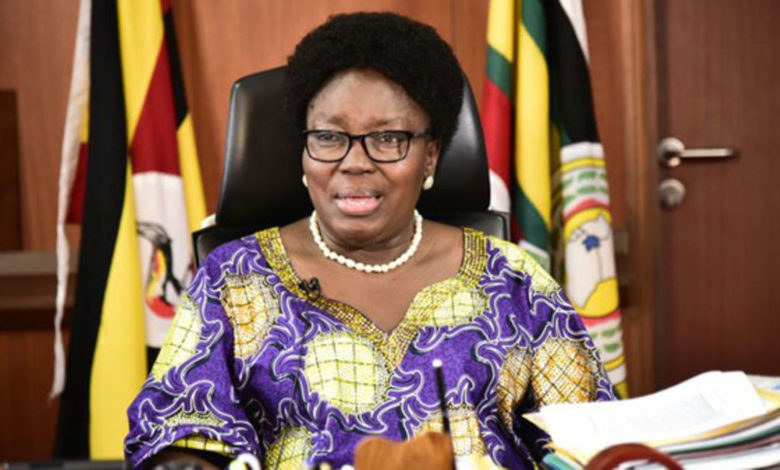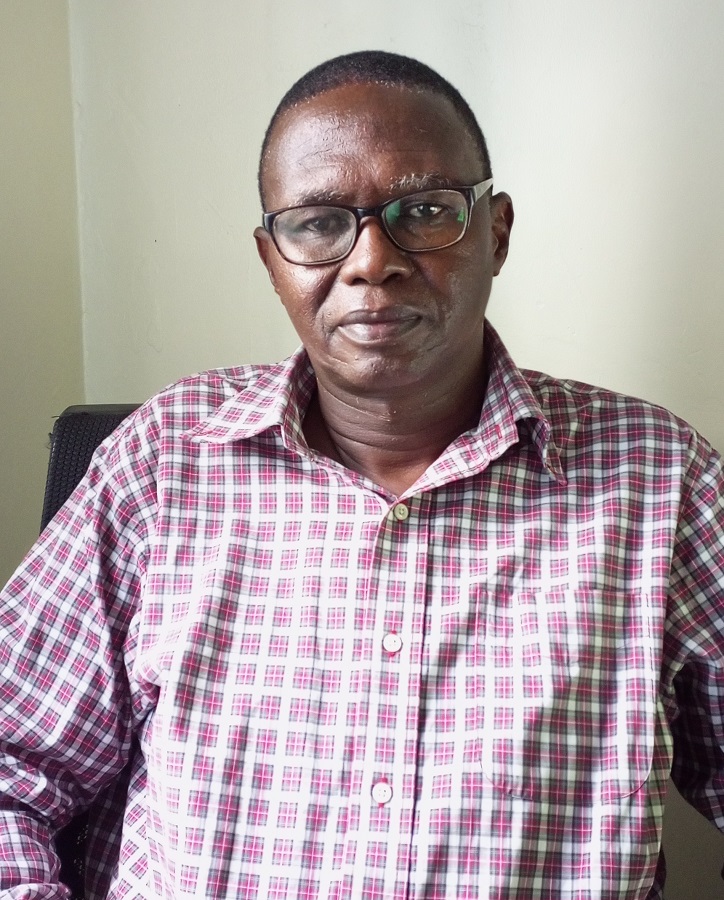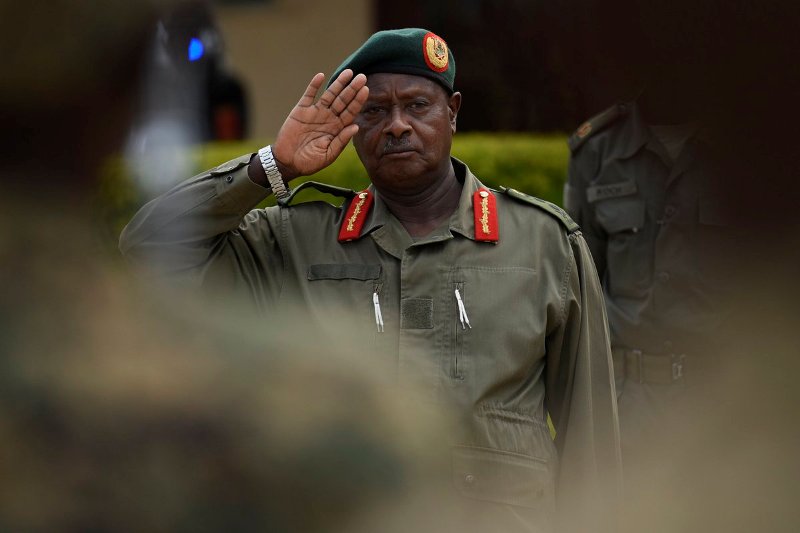Museveni Swahili Order Blighted By Scarce Instructors, Learning Materials and Support
The second and most critical one, for that matter, is the availability, or lack of them, of instructors of the language. This one goes hand in hand with the availability of learning materials or absence of them.

By Isaac Mutema
President Yoweri Museveni issued just recently a directive to schools, right from the primary section, to start teaching the Swahili language. The executive order was communicated by the Deputy Premier, Rebecca Alitwala Kadaga. Kadaga is the minister in charge of the East African Community.
The Swahili language would therefore seem to be her petty project. For Ugandans to carry out any meaningful business in the East African Community (EAC), they would need to be proficient in Swahili.
This is why the government is in a hurry, perhaps, to help Ugandans catch up fast with their counterparts from Kenya, Tanzania, Juba and DRC who are proficient in the language.
It has also been Museveni’s long held perception that Ugandans lack unity between themselves on account of absence of an official unifying national language.
Uganda is composed of diverse tribes. Each of one of those tribes has a particular set of cultures as well as established language.
Each one of those tribes has been fighting for many generations now, to strictly preserve its cultures and language. Baganda, in particular, treat Swahili as a language of criminals. Past Ugandan armies had criminals in their rank and file.
Those criminals terrorized Ugandans. In the course of terrorizing Ugandans, those criminals spoke Swahili.
So, the victims within Buganda came to identify Swahili with criminals. So much that, the victims, actually ended up believing that Swahili and crime are one and the same.
Speaking about is first ever Swahili Paradiso song which was eulogizing his dad, Bobi Wine told the media that he hadn’t sung in Swahili before then because he grew up with the mentality that the language is for criminals.
Museveni is a big admirer of his mentor former President Julius Nyerere as well as the departed man’s political ideologies. Nyerere introduced Swahili as Tanzania’s official language. Tanzania boasts of unity on account of a singular unifying language.
Museveni’s order to all the schools in Uganda to embrace the teaching of Swahili is, in that context, a welcome development. It is welcome, if the same would help to accelerate the much-desired unity among Ugandans as it did in neighbouring Tanzania.
Ugandans are divided at the present, much as there are quite many intricate reasons for this, as opposed to the absence of the official language per se.
Grasp of Swahili is going further to assist Ugandans to easily communicate in the course of transacting business across the East African region and beyond.
But having said this, there is fear, on the other hand, that the President rushed through the order. But how? There are critical things which aren’t currently in place in Uganda to facilitate the smooth teaching of the language of Swahili.
The first thing is the goodwill from Ugandans towards acceptance of Swahili as a language of communication across the board.
Was there, for instance, consultation from the wanainchi over the need to introduce Swahili? Or, was it sort of a decree issued by one man and from out of the blue?
By way of example, moments after learning of the executive order, lawmakers from Buganda region, sat under their caucus in parliament, and vowed to decampaign the initiative.
Ibrahim Ssemujju Nganda, in particular, accused the President of harboring untold hatred for Buganda. The Kira Municipality MP said the new order in respect of Swahili is a good piece of evidence to prove Museveni’s long held hatred against the region.
They are many people, of course, of the same view as Ssemujju. They include his fellow lawmakers from Buganda.
In fact, many of them, vow to cut Swahili classes, directed by the President, to skill the lawmakers about the language.
Joseph Ssewungu accuses the President of using Swahili as a diversionary trick. He notes that the issue isn’t as pressing as the current biting poverty made worse by high commodity prices and inflation.
The least said about the lack of sensitization in regard to the introduction of Swahili, the better. Let me point out the other impediments likely to be encountered on the way to the introduction of Swahili.
The second and most critical one, for that matter, is the availability, or lack of them, of instructors of the language. This one goes hand in hand with the availability of learning materials or absence of them.
We can safely submit that you can’t teach a language in absence of instructors. The same is true of learning materials. And, needlessly to state, the syllabus itself.
Yes, Nyerere pushed through Swahili in Tanzania. But I think the dynamics at play in Tanzania at that time, are different from the dynamics obtaining currently in Uganda.
Tanzania was made up of very few tribes of people. So, there happened to be, accordingly, also fewer languages.
Furthermore, there was no strict attachment to those diverse languages in Tanzania, as it has been and is still the case, in the case of Uganda.
Worthy of adding on to the above point, is the fact there were no so many points of divergence among the few tribes in Tanzania as there are in Uganda currently.
Nyerere was a very popular and fatherly figure as well as a naturally gifted unifier, no prize for guessing. Above all, Mwalimu was a hugely loved leader on account of having just won the freedom for his people from the yoke of colonialists.
I honestly don’t think that the attributes I have attached to Nyerere, can also be attached to Yoweri Museveni of the current times.
Let me use the living example to hammer home my point. The example is in regard to Museveni’s performance in Luweero during the last general elections.
Luweero was the epicenter of Museveni’s guerrilla war. The President refers to Luweero as his political Mecca. Right!
Yet, Museveni’s Mecca didn’t hesitate to shoot him down in favor of a first time candidate in the last election. That candidate was Bobi Wine.
Overall, Swahili is a nice idea. Oh, yeah! Problem? The President put the cart before the horse by introducing the subject without doing the basics first.
We love hearing from you. Kindly share your voice.







